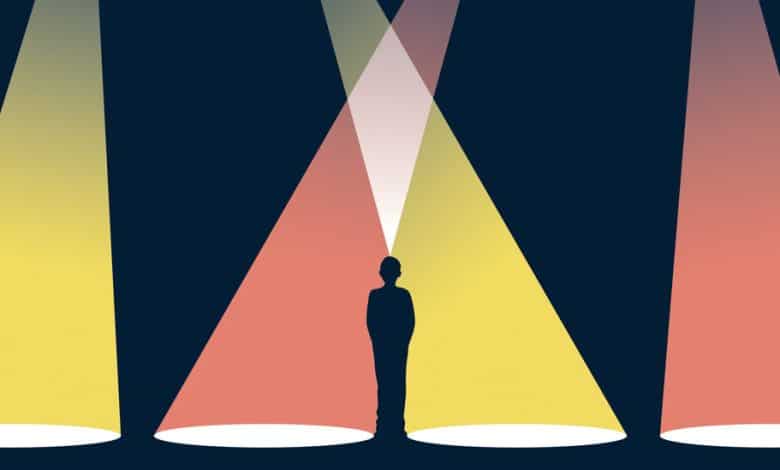John Schu’s Novel-in-Verse Lets a Boy Speak About Anorexia

LOUDER THAN HUNGER, by John Schu
Jake Stacey is trying to erase himself from the world. Just 13, he is wasting away — shunning food and rollerblading frantically to drop additional pounds. A part of him dreams of performing on Broadway someday, but a nightmarish inner voice doesn’t want him to have a future at all. “It’s louder than the hunger in my stomach,” Jake tells us. It shouts, “YOU — ARE — REPULSIVE!”
Another voice, softer but no less urgent, says: “We need help. We’re going to die.”
Plenty of novels and memoirs deal with anorexia, but few speak from a male point of view. Women are three times more likely to be anorexic than men, according to the National Institute of Mental Health, but the shelf of anorexia novels and memoirs would suggest an even greater gap. John Schumacher, a librarian and writer who has built a career of inspiring kids to love reading, puts Jake on that shelf in “Louder Than Hunger.” Schumacher, who goes by John Schu (because children call him Mr. Schu), has produced a harrowing and life-affirming novel-in-verse for young people.
Jake has become skeletal and his hair is falling out, but it takes a while for his family to act. This bullied boy (taunts of “Loser. Wimp. Freak.” have wounded him for more than a year) hides his dwindling body in baggy sweatshirts. His mother can’t see his health crisis through her own fog of depression. Jake and his father don’t connect. His grandmother is a treat — she gave him his love of Streisand and Sondheim — but doesn’t push. Jake’s volunteer work saves him. A nursing home resident he enjoys reading to sounds the alarm. Jake is sent to Whispering Pines, a psychiatric treatment center.
Healing begins — slow to start, and with sawtooth progress. Over time, Jake learns to quiet the voice. He connects with others. He regains a sense of who he is and what he wants: to make art, to travel to see Broadway shows, to live.
We get a glimpse of that future when Jake, on a day away from Whispering Pines, bumps into a boy with a book of Emily Dickinson poems under his arm and surprises himself by reciting, “I’m Nobody! Who are you?/Are you — Nobody — too?” The boy responds with, “There is no Frigate like a Book/To take us Lands away.” They continue to quote lines of Dickinson, and talk briefly about the poetry club at the other boy’s high school — what a concept! In that brief encounter, a world awaits.
“Louder Than Hunger” feels solid and true because it grew out of Schu’s own tormented adolescence. In an afterword, he writes that he spent “more than two years in and out of multiple inpatient and outpatient treatment programs and facilities for anorexia nervosa, obsessive-compulsive disorder, anxiety and depression,” and that in his despair he “felt unworthy of taking up space.”
